
Your kidneys may be small, but they perform extraordinary work every day — filtering waste, balancing fluids, and maintaining overall health. When they begin to fail, the body struggles to cope. This is where dialysis becomes essential: a medical lifeline that takes over critical kidney functions, allowing patients to live healthier and more fulfilling lives.
In Malaysia, rising rates of diabetes and hypertension are contributing to a growing number of people who need dialysis. Understanding how this specialised kidney failure treatment works, when it’s required, and what clinical support is available can make a world of difference. To begin protecting your kidneys today, consider a comprehensive health screening to assess your risk factors.
A Core Kidney Care Function
Dialysis is a medical procedure that helps the body do what weakened kidneys cannot, as shared by the National Kidney Foundation. By removing metabolic waste products and excess fluid, it prevents dangerous imbalances that can affect the heart, lungs, and overall wellbeing. This treatment is often the primary option for patients with End-Stage Renal Disease (ESRD).
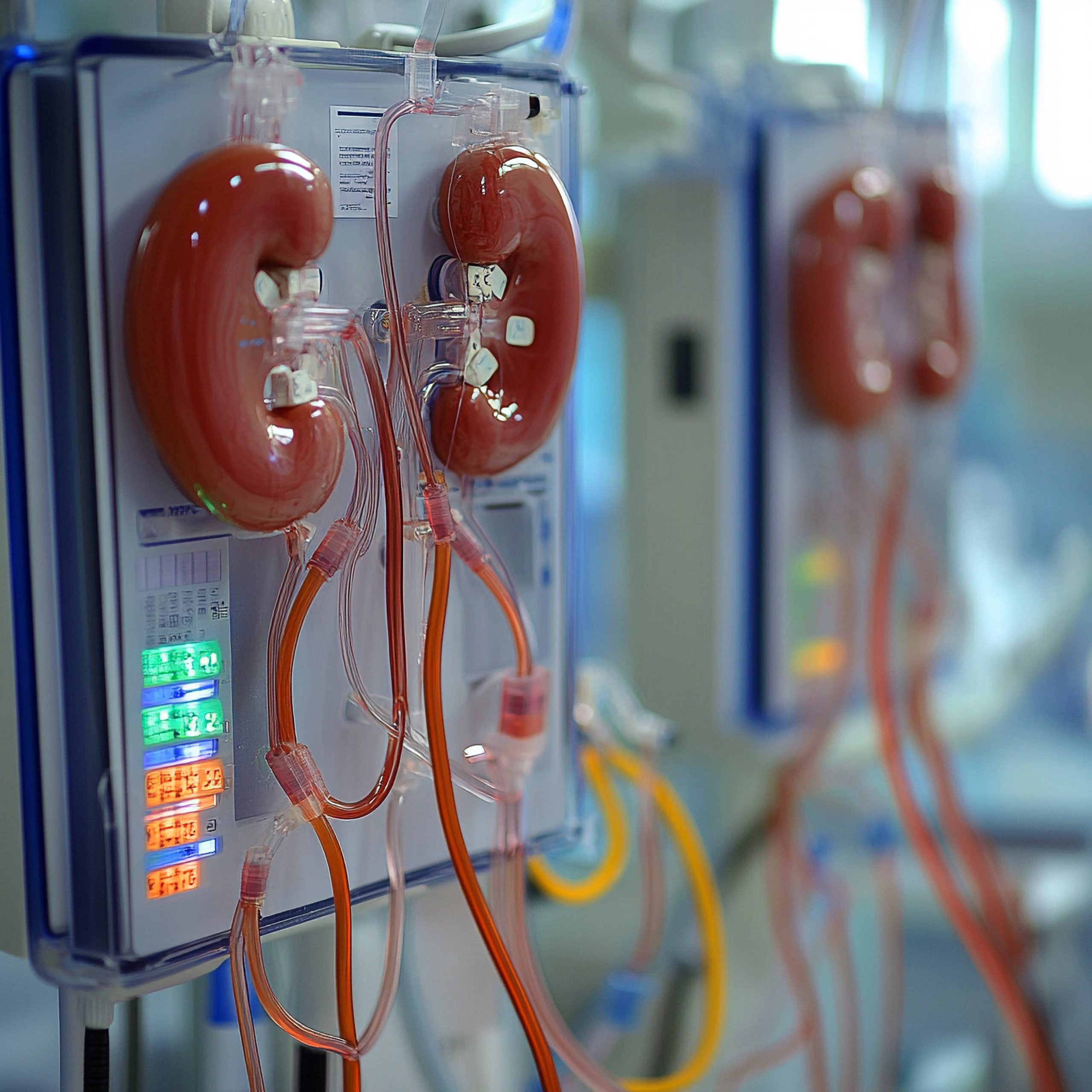
Choosing the right type of dialysis is a crucial, personalised medical decision made between you and your nephrologist (kidney specialist).
Haemodialysis (HD) is the most common form of treatment, where blood is filtered outside the body through a special machine called a dialyzer (artificial kidney) and then returned to the body.

Requires a surgically created vascular access, ideally an arteriovenous (AV) fistula, to ensure safe and efficient blood flow during the procedure.

Typically performed three times a week, with each session lasting around four hours, at a dedicated dialysis centre KL. Regular sessions are paramount to maintaining stability.
Peritoneal Dialysis (PD) uses the body’s own abdominal lining, the peritoneum, as a natural filter. A cleansing solution, called dialysate, is introduced into the abdomen to draw out waste.

PD can often be performed at home or even at work, offering immense flexibility. This is a significant advantage for those who prioritize a self-managed schedule.

Includes CAPD (manual exchanges) and APD (automated overnight exchanges using a cycler). Training and ongoing support from a nephrology clinic Malaysia are provided for safe home use.
Both methods are effective, and the choice is based on the patient’s lifestyle, existing health conditions, and the nephrologist’s recommendation.
Not everyone with kidney disease requires dialysis immediately. It usually becomes necessary when kidney function (eGFR) drops to 15% or less, signifying End-Stage Renal Disease (ESRD), and when clinical symptoms of uremia become severe.
Understanding these signs is vital for timely medical intervention:

Persistent swelling in legs, ankles, or face due to significant fluid retention.
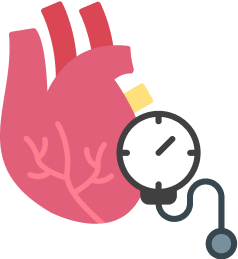
Uncontrolled high blood pressure despite multiple medications.
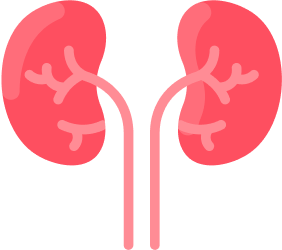
Severe fatigue, metallic taste, nausea, or confusion from the buildup of toxins (uremia).

Abnormally high levels of potassium, phosphate, or acid in the blood, which pose immediate risks to cardiac function.

One of the greatest clinical challenges with is that it often progresses silently. According to the World Health Organization (WHO), up to 90% of kidney function can be lost before significant symptoms appear.
One of the greatest clinical challenges with chronic kidney disease (CKD) is that it often progresses silently. According to the World Health Organization (WHO), up to 90% of kidney function can be lost before significant symptoms appear. Learn more about how early kidney screening can help detect CKD before it advances.
That’s why regular check-ups and screenings are so important. If you have risk factors such as Diabetes (leading cause) or Hypertension (second leading cause), immediate screening is crucial.

Early detection through simple blood (eGFR) and urine (proteinuria) tests allows for immediate intervention, medication, and lifestyle adjustments — often successfully delaying or even preventing the need for dialysis.
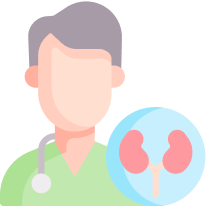
If your screening results are abnormal, immediately book a consultation with a nephrologist for a tailored management plan.
Kidney disease is a major public health concern in Malaysia. For patients and families, this necessitates reliable access to professional, well-equipped nephrology clinics. The cost of kidney failure treatment and the quality of care are primary considerations.
At Caring Synergy Renal Sdn Bhd, a LifeCare Group company, dialysis services are designed to meet clinical standards while providing compassionate care. We offer competitive and transparent information regarding kidney failure treatment cost and services.

Knowing what happens during treatment can significantly help reduce patient anxiety. Our medical teams prioritize a clear explanation of the procedure.
Every HD session is a clinically monitored environment:

Registered nurses check vital signs and patient weight to accurately calculate fluid removal goals.

Throughout the 3–4 hour treatment, the medical team closely monitors blood pressure, machine parameters, and patient comfort levels to manage potential side effects like hypotension or cramps.
For PD, our team provides in-depth training on Aseptic Technique which is critical for preventing Peritonitis (infection), the most common complication of PD.
Caring Synergy Renal Sdn Bhd is committed to setting a high standard for kidney care in Malaysia.
Why Patients Trust Our Centres: Integrated Nephrology Support

We utilize modern dialysis machines for efficient and safe treatment sessions.

Your care is managed by experienced nephrologists, highly renal-trained nurses, and dedicated renal dietitians who provide specialist nutritional counselling.
Direct connection with LifeCare Diagnostic Medical Centre allows for seamless access to diagnostic imaging, blood tests, and specialist consultations—creating a holistic and convenient patient care journey.
Dialysis is a long-term commitment, but it is a pathway to continue living a fulfilling life.
Tips for Living Well on Dialysis: Utilizing Renal Dietitian Support

Strict compliance with a low-salt, balanced protein diet, with careful control of potassium and phosphate, is vital. Utilize our renal dietitian support services to create a personalized meal plan.
Diligent tracking of daily fluid intake is the most important self-care step for HD patients to prevent fluid overload and inter-dialytic weight gain.
Attending all scheduled sessions is crucial for long-term clinical stability.
The best strategy is to protect kidney health before dialysis becomes necessary.

Managed by continuous monitoring and precise adjustment of the fluid removal rate (Ultrafiltration rate) by the nursing staff.

Access site infections are minimized through strict clinical protocols and comprehensive patient education on home care.
The best strategy is to protect kidney health before dialysis becomes necessary.
Proactive Kidney Protection Strategies for Optimal Health
Keep blood sugar (HbA1c) and blood pressure within target ranges as prescribed by your physician.
Consult your doctor before taking long-term, high-dose over-the-counter painkillers (NSAIDs), which are toxic to the kidneys.
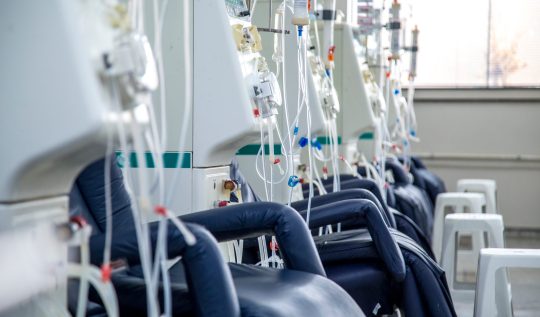
Managing kidney health starts with awareness and timely action. Whether you’re looking to prevent future complications or already in need of ongoing care, LifeCare Diagnostic and Caring Synergy Renal in the Klang Valley are here to provide the best treatment and support, guided by expert specialists and advanced facilities.
Detect risks early and stay ahead with
LifeCare’s full medical check-up.
Book Your Comprehensive Kidney
Health Screening
Receive compassionate, high-quality dialysis
care tailored to your needs.
Explore Our Expert Dialysis
Services